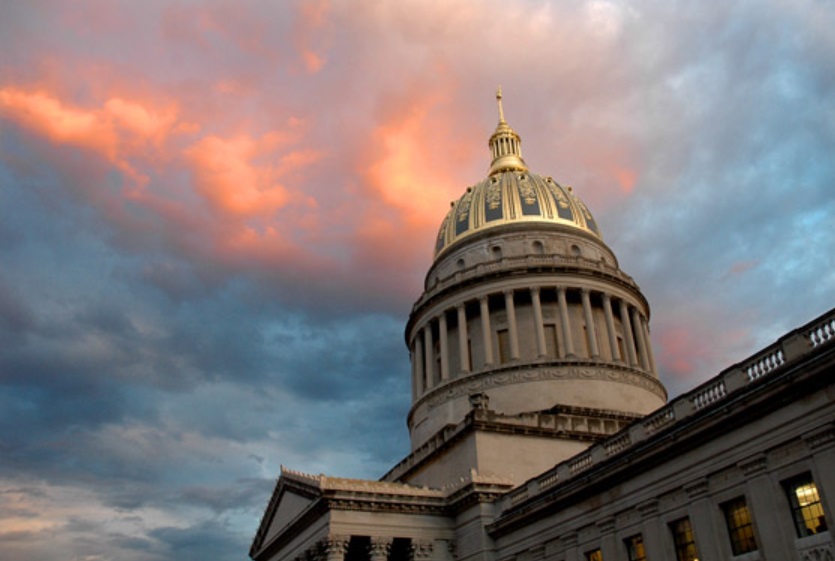West Virginia Bans HSBC, Citi from Banking Contract over ESG Policies

West Virginia Treasurer Riley Moore announced that several banks, including HSBC, Citi, Northern Trust and TD Bank, have been added to the list of financial institutions determined to be engaged in “boycotts” of fossil fuel companies, and barred from providing banking services to the state.
The announcement marks the latest in a series of moves in an ongoing anti-ESG movement by Republican politicians in the U.S. West Virginia joined a multi-state alliance last year designed to “protect individuals from the ESGEnvironmental, social, and governance (ESG) criteria are a set of standards for a company’s operations that socially conscious investors use to screen potential investments. More movement,” through actions such as blocking the use of ESGEnvironmental, social, and governance (ESG) criteria are a set of standards for a company’s operations that socially conscious investors use to screen potential investments. More in all investment decisions at the state and local level, and prohibiting state fund managers from considering ESGEnvironmental, social, and governance (ESG) criteria are a set of standards for a company’s operations that socially conscious investors use to screen potential investments. More factors in their investments on behalf of the state.
With the announcement, the four banks join a series of other financial institutions, including BlackRock, Goldman Sachs, JPMorgan Chase, Morgan Stanley and Wells Fargo on West Virginia’s Restricted Financial Institution List. The list was passed by the state legislature in 2022, and includes financial services companies that have been determined to be refusing, terminating or limiting business activities with coal, oil or natural gas companies without a reasonable business purpose. Banks on the list may be excluded from eligibility for contracts for state banking services.
The Treasurer’s office said that the determination was made based on the banks’ ESGEnvironmental, social, and governance (ESG) criteria are a set of standards for a company’s operations that socially conscious investors use to screen potential investments. More policies and other statements.
Moore said:
“We cannot allow institutions that seek to destroy our state’s critical energy industries and the economic activity they generate to also profit from handling the very taxpayer dollars they seek to diminish. My action today represents our continued commitment to protect state funds from furthering these politically motivated, subjective ESGEnvironmental, social, and governance (ESG) criteria are a set of standards for a company’s operations that socially conscious investors use to screen potential investments. More policies that attempt to cut off financing for our coal, oil and natural gas industries and harm our state.”
According to the Treasurer’s office, the new banks on the list were among six institutions notified in February of their potential inclusion on the list, and were given 30 days to provide information demonstrating that “they are not engaged in a boycott of fossil fuel companies.” BMO and Fifth Third Bank were also notified, but were not ultimately added to the list.
In a statement released following the announcement, Citi said that it was “disappointed by the Treasurer’s decision,” and disagreed with the designation.
Citi added:
“Citi is not engaged in a boycott of energy companies as evidenced by the fact that we continue to lend to these companies and have substantial credit exposure to the industry. We believe our policies are consistent with our regulatory requirements regarding risk management as well as with West Virginia law.”
A HSBC spokesperson in the U.S. said:
“We seek to work with – not boycott – energy companies. Our policies anticipate that we will continue to provide corporate lending and capital markets transaction support to energy-based customers to both maintain supplies as well as support an orderly and just transition that helps with the creation of new jobs. We are supportive of energy companies throughout the United States, whom we are pleased to have as clients.”